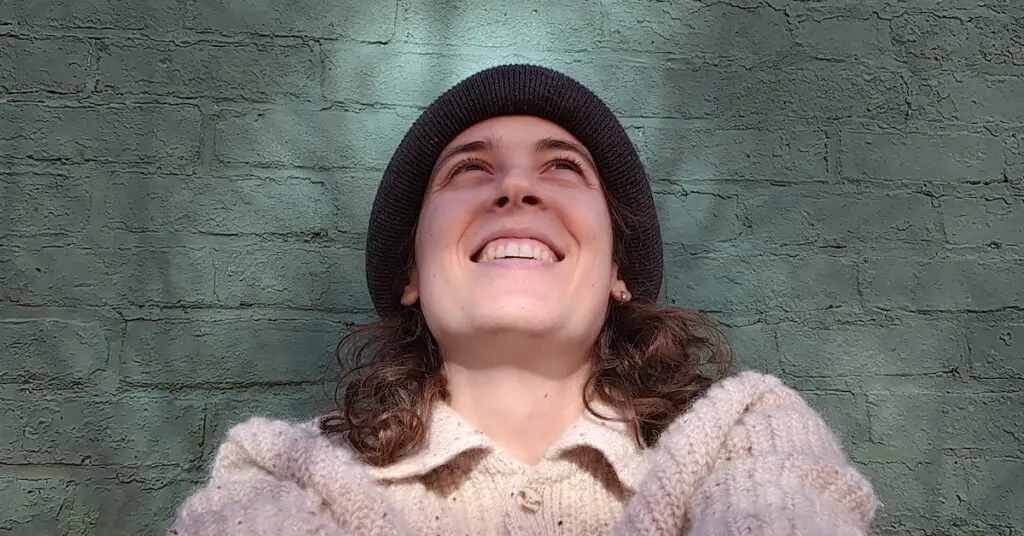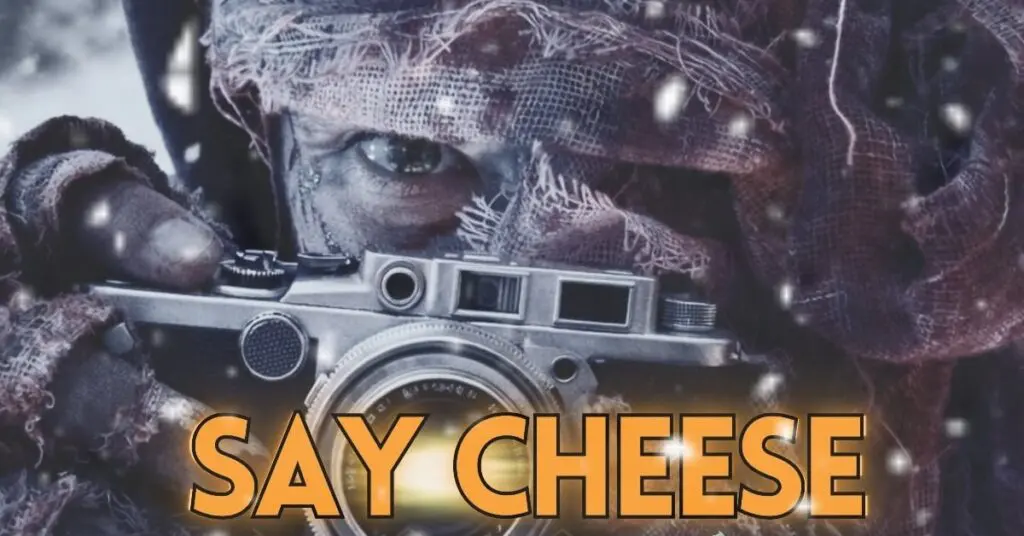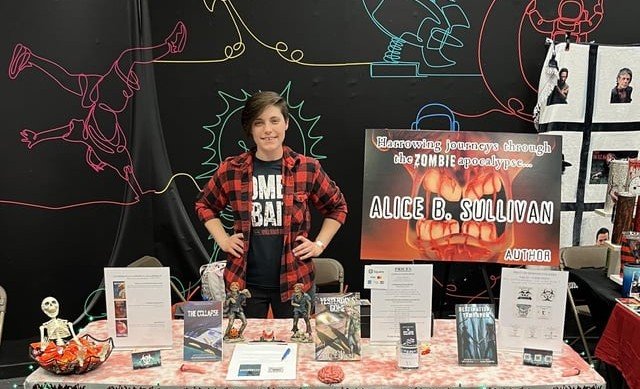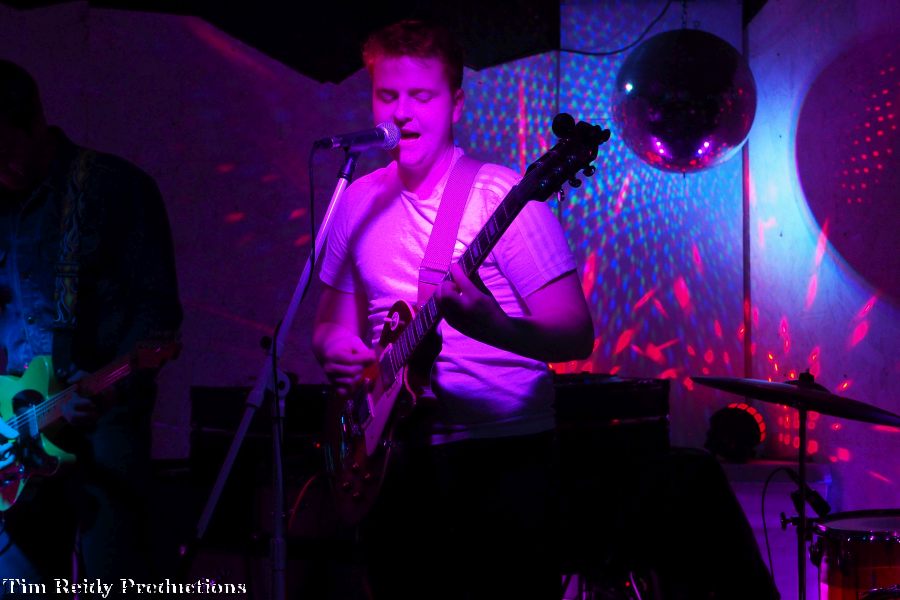Don Howland – An Xperience Interview
By Staff on April 3, 2024
Don Howland – An Xperience Interview – by OP Callaghan.
Don Howland has been a fixture on the scene for over 40 years. He’s a great drummer, vocalist, former motocross champion, and the go-to drum guy at Parkway Music. I’ve always found Donny to be incredibly gifted as a player, but also a humble professional who is always willing to help. His encyclopedic knowledge of drums is staggering, and I feel like I could talk to him for days. Growing up in Amsterdam, Donny has led an amazing life, surrounded by motorcycles, music, and some mayhem for good measure. I’m proud to call him my friend, and happy to introduce Donny Howland!
RRX: How did you get started on drums?
DH: My grandfather was a drummer; bought me a pair of drumsticks, snare drum, and a rudiment book when I was about 10. Now, I used to race motorcycles when I was a little kid, so I hated every minute of practicing rudiments (lol). I was bored to tears doing that, so I put drums on the back burner. Then I saw Rush at the Palace Theatre on the Hemispheres Tour. I was in the balcony and was blown away by the songs and the musicianship. Also, the power that those three guys had over the audience, the volume of the amplifiers, the energy from the band, and the crowd. Anyway, I was hooked. I said “I don’t know what just happened, but I want to be part of that.” That summer I had a few serious injuries ending my motocross career, and I was so blown away by that experience seeing Rush at the Palace Theatre here in Albany. I went all in. So began my 40+ years of drumming.
RRX: When did you start to gig?
DH: I didn’t really immerse myself into playing until I was about 18 years old, like I said, after those motorcycle injuries. But it was “game on” once that happened. I practiced four hours a day, every day. I knew I had a lot of catching up to do if I wanted to be good. My family moved to Arizona shortly after that. I answered an ad in a local paper: “Working band, looking for a professional drummer.” Lucky for me. There was no such thing as the internet back then, so I called the number, told him I was from New York. They immediately assumed I was from Manhattan. I heard the guy say, “There’s some kid from New York on the phone that wants to audition.” They thought I was from Manhattan. I didn’t tell them I grew up on a farm here in upstate New York (lol). Anyway, that got my foot in the door. I had only been playing for about a year. Lucky for me, though, I got the gig with these older guys that were all really good players. They showed me how to play as a musician and to work as part of a group. Plus, I was getting paid to do what I love really early on. Also, I might add here, it really helps that I am a singer. I have a pretty good ear and a decent range. This has helped keep me working steadily for 40+ years. My Arizona saga continued, and I played in a bunch of bands. The main one, I would have to say, was Tyrant. That was more of a heavy rock, almost Soundgarden-type original band. At the same time, I played in cover bands. Out there I was pretty much living just on music, squeaking by eating Ramen noodles and Kraft Macaroni and Cheese. It was a struggle, but it was fun. I eventually moved back to New York.
RRX: Tell me about your first kit.
DH: My first kit was a combination of two drum sets I bought at a garage sale. I think they were Kent Drums. They were pretty crappy. I tried to doctor them up as best I could by wrapping them in white contact paper. They looked good for about a week (lol). Keep in mind, back in those days there was very little information about drums, so I basically learned how to tune by ear. Out in Arizona, once I started playing professionally, I bought a really nice Gretsch drum set. I have it to this day. I toured with that all during the ‘80s. Although it was huge—it has a 24-inch kick, 14 rack, and 16 and 18 floors. I wanted to be John Bonham (lol).
RRX: Tell me about the bands you’ve played with.
DH: I’ve been doing this forever and a week, so I’ve played with countless bands. Notably, out in Arizona, was my original band Tyrant. I played in a cover band called Beggars Reign and played in a cover band called Night Shift. I was also in a classic rock band called Hydra. The bass player for Hydra and Night Shift went on to be the bass player for Stevie Nicks. Alfred Ortiz—we still keep in contact. He’s an awesome guy and an incredible player. I spent most of the ‘80s touring with bands. Notably, the band Sinema. I also went on the road with another band named Talk Show. Both bands played the New England circuit, on the road for months at a time. That was a great experience, but let me tell you being on the road can be grueling. We had a lot of fun, trust me, but it can be tough. Staying in motels and band houses, traveling in a van, being away from home, and you don’t get any sick days. I eventually came off the road, settled down, went to school, and started a family. I played with country bands back in the ‘90s; I played with Two Lane Highway and Aged in the Hills. Also in the ‘90s, I was in an original band called White August (we later changed our name to The Burning Cage). I was the lead singer and drummer in that band. The band Two Lane Highway eventually morphed into a band called Vivid. That was a really fun band; incredible players, and a great female vocalist.
Also, some advice for younger players: the more styles you can learn, the more tools you have in your toolbox. I made a living out of filling in with bands all over the Capital District. Getting your sound together, being punctual, staying sober, learning your parts, and being easy to work with are keys to being successful.
RRX: That’s strong advice. Do you teach? Did you take lessons?
DH: I’ve been asked to teach, but that’s a special kind of person that can teach. Not really in my wheelhouse, unfortunately. I am completely self-taught.
RRX: You sing, and play drums! No wonder your dance card is full. Do you play any other instruments?
DH: I also play guitar and do a solo act. Being a singer and knowing about one million song lyrics (which are running through my head constantly all day long, lol) helps me do the acoustic solo thing.
RRX: That’s great, man. What would you do if you weren’t a musician?
DH: If I wasn’t a musician, I would’ve chosen a career as a professional motocross racer. I would’ve retired about 20 years ago, and probably be on my eighth knee replacement by now (lol).
RRX: I hear that you’re a bit of a collector. C’mon; dish.
DH: Yes, I am a drum collector of sorts. Having the good fortune to work in the music industry for so long has allowed me to build a nice collection of beautiful, vintage drum sets. I really do love everything about the instrument. I’ve got a ‘69 Slingerland, ’69 Rogers, ‘62 Ludwig, ‘66 Ludwig, ‘68 Ludwig, ‘76 Ludwig, and the giant Gretsch kit I had mentioned before.
RRX: That’s a nice collection!
DH: I am currently the drum guy up at Parkway Music. Been there for 20 years. I’ve met so many incredible people. This area is a hotbed for great musicians, undoubtedly. Parkway is an amazing store—not a giant box store; we are independently owned. Everyone I work with is very professional, extremely knowledgeable, and helpful. I’ve been blessed to make so many good friends over the years. It’s been a great ride for sure. One of the perks of my job has been hosting a bunch of drum clinics and master classes over the years. Organizing, promoting, and working with the artists, making sure everything goes perfect. Putting these on is very stressful, but it allowed me to be on a one-on-one level with these amazing artists. This gave me a chance to get to know them and to even establish friendships with many of them. Here are some of the people I have had the honor of working with over the years: Rod Morgenstein; Steve Smith; Danny Seraphine; Alan White; Terry Bozzio; Omar Hakim; David Garibaldi; Will Calhoun; Ed Shaughnessy; Virgil Donati; Dennis Chambers; Todd Sucherman; Billy Cobham; Mike Mangini; Jason Bittner; Ted MacKenzie; Jack DeJohnette; Alex Acuna; Mike Portnoy; Jonathan Mover.
Something I’ve noticed about every single one of them—they all have an impeccable work ethic. We don’t get anything for free. You have to make a major commitment and spend countless hours practicing and improving. I also found out that, even though it seems like these guys have magic powers, it’s all about having some talent, being hungry, and putting in the work.
RRX: Thanks, Donny. Looking forward to catching up some more.





 RadioRadioX
RadioRadioX